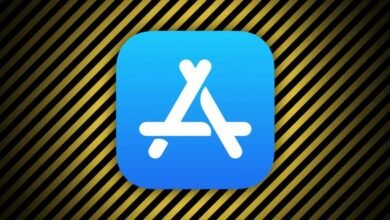Google’s Jules Challenges Codex in AI Coding Battle

▼ Summary
– Google released Jules, an autonomous coding agent, in beta, positioning it as a competitor in the AI-powered coding assistant market.
– Jules operates asynchronously, allowing developers to assign tasks like bug fixes and test creation while they work on other projects.
– OpenAI introduced Codex, another coding agent, which evolved from a coding model to an autonomous tool for writing and debugging code.
– Social media highlights growing interest in coding agents, with comparisons between Jules and Codex focusing on features like task planning and internet access.
– Google’s Firebase targets non-coders, offering tools like AI Workspace and AI Logic to simplify app development and integrate AI features.
The competition for AI-powered coding assistants is heating up as Google expands access to its autonomous coding agent Jules, positioning it against rivals like OpenAI’s Codex and GitHub’s Copilot.
Google initially introduced Jules as an experimental tool in December, but at its recent I/O conference, the company announced a public beta release, making it more widely available to developers. Designed to operate asynchronously, Jules can fix bugs, generate tests, and consult documentation while developers focus on other tasks.
Josh Woodward, VP of Google Labs, explained that Jules was built to handle the tedious aspects of coding that developers often avoid. “Imagine assigning repetitive tasks to an agent that works in the background,” he said. Integrated with GitHub and powered by Gemini 2.5 Pro, Jules runs tasks in a virtual machine, provides reasoning for its actions, and even delivers audio summaries.
However, Jules isn’t the only player in this space. OpenAI recently unveiled a research preview of Codex, its own coding agent, which evolved from a basic code generator into a full-fledged assistant capable of debugging and answering complex coding questions. Meanwhile, GitHub announced its Copilot Agent, which performs similar asynchronous functions.
The tech community is already buzzing about these advancements. Early testers on social media have compared Jules and Codex, with some noting that Jules outperforms Codex in planning and task automation. One developer praised Jules for contributing to their project but requested more control over file selection. Others speculate about future entrants like Claude or xAI joining the race.
This surge in autonomous coding tools reflects the growing trend of “vibe coding,” where developers rely on AI-generated code rather than manual scripting. Google’s broader ecosystem also includes Code Assist, AI Studio, and Firebase, each catering to different coding needs.
Firebase, updated in April, now features AI Workspace and Firebase AI Logic, enabling non-coders to build AI-powered apps with ease. Jeanine Banks, Google’s VP of Developer Relations, emphasized that Firebase serves as a unified platform for both professionals and beginners experimenting with AI development.
As AI continues to reshape software development, tools like Jules, Codex, and Copilot are setting the stage for a new era of automated, efficient coding. The battle for dominance in this space is just beginning.
(Source: VentureBeat)





